| Indonesian province of West Papua, rich in human and natural resources, is struggling against poverty and big business. | |||
West Papua, Indonesia - With
a population of four million people, 252 tribes and 307 languages, this
easternmost province is rich in natural and human resources.
But it is also
the most underdeveloped with the highest poverty level and the lowest
education rate in the country. It is also the most politically sensitive
place in Indonesia - a nation of 250 million people.
West Papua chose to be a part of Indonesia in a 1969 referendum on independence. But
some Papuans refused to recognise the result of the referendum, which
they say was the unanimous choice of elders handpicked by the Indonesian
military. They have been rebelling against Indonesian rule ever since.
The story of West Papua, to this day, is heavily coloured in human rights violations committed by the Indonauesian armed forces.
West Papua contains some of
the last great tracts of undisturbed rainforest in the Asia-Pacific
region, an estimated 33 million hectares in 1997. But
that number has dropped dramatically since then. The central government
plans to massively expand palm oil plantations in West Papua. This
means also converting community forests, which are the source of
livelihood for many locals.
To improve the situation in Papua, the central government granted the province a special autonomy status in 2001.
This authorises local administrations to manage their own areas with
little intervention from the central government, and grants special
autonomy funds, which some say rarely benefit people because of
corruption | |||
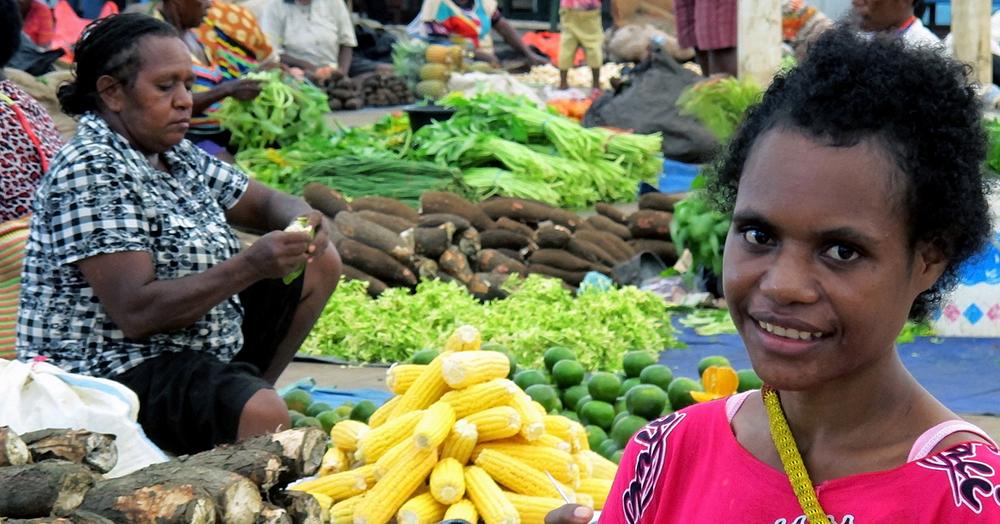


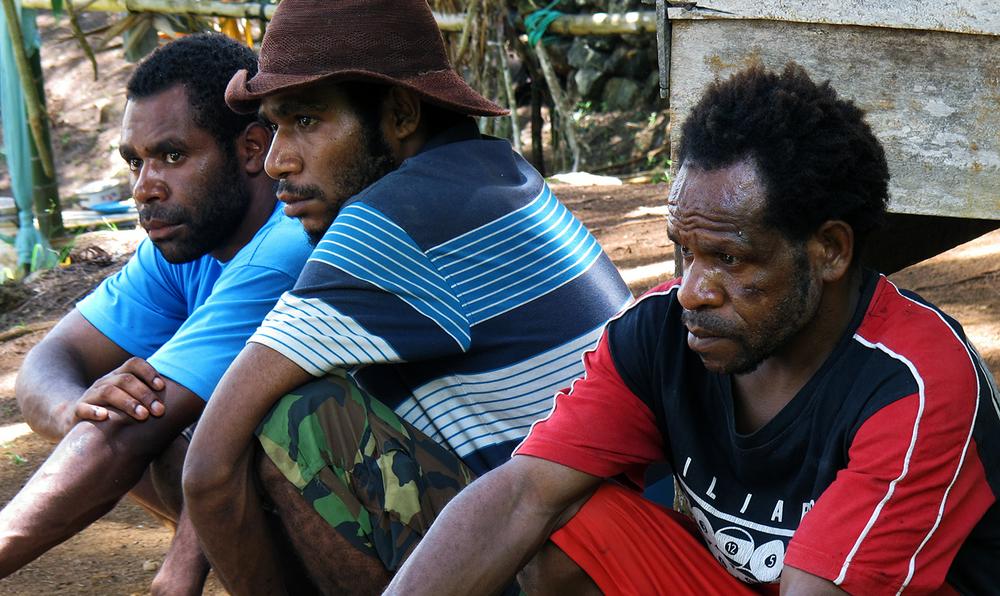
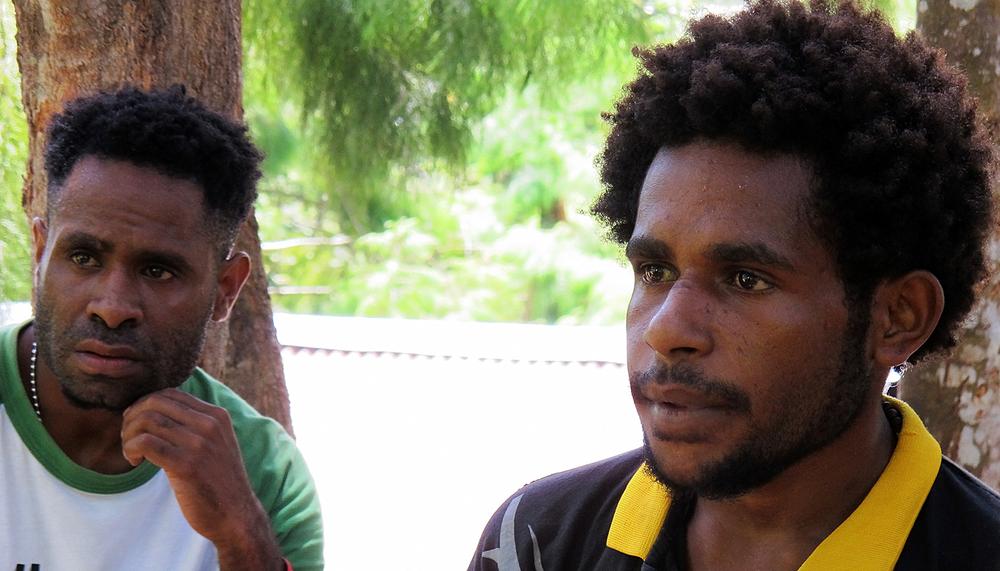
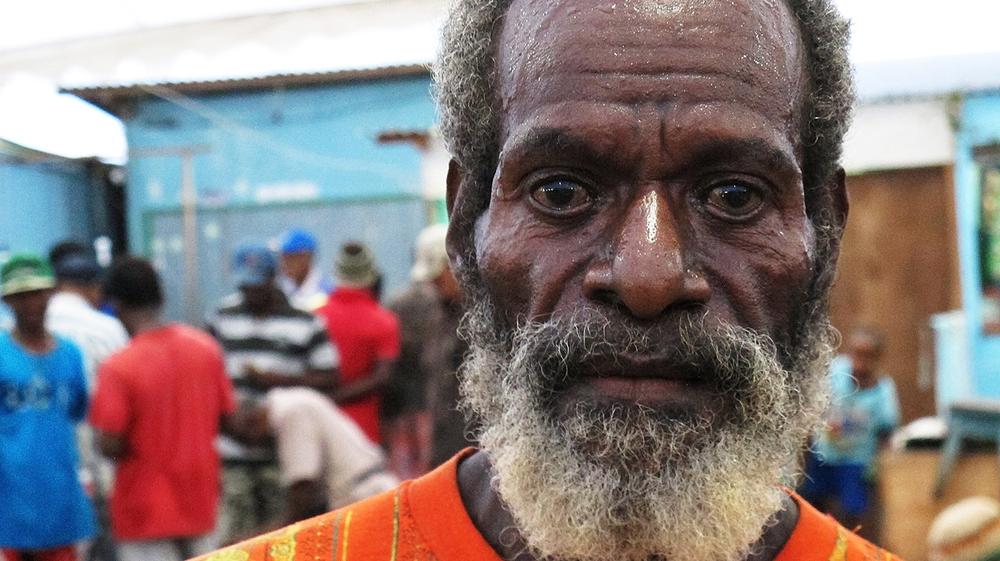

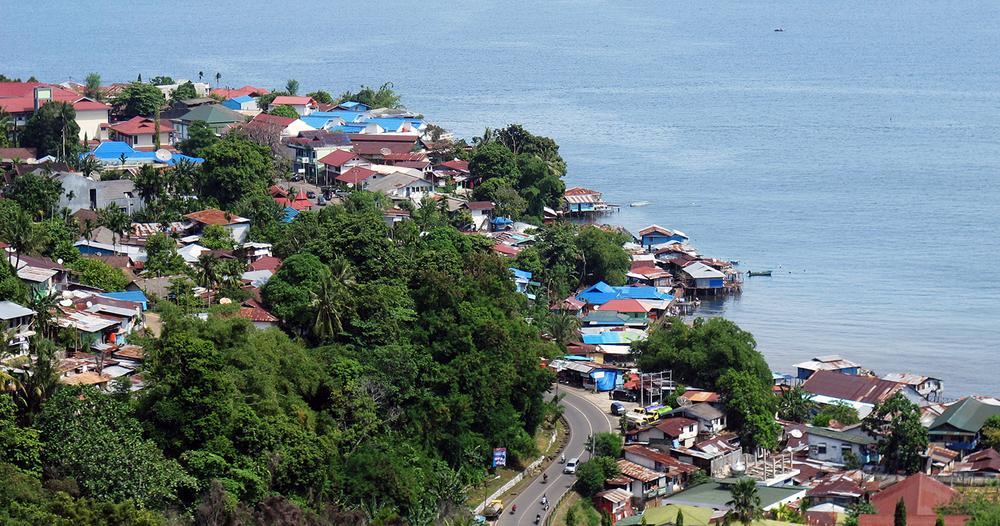

Photo All: /Syarina Hasibuan/Al Jazeera
Source:http://www.aljazeera.com

